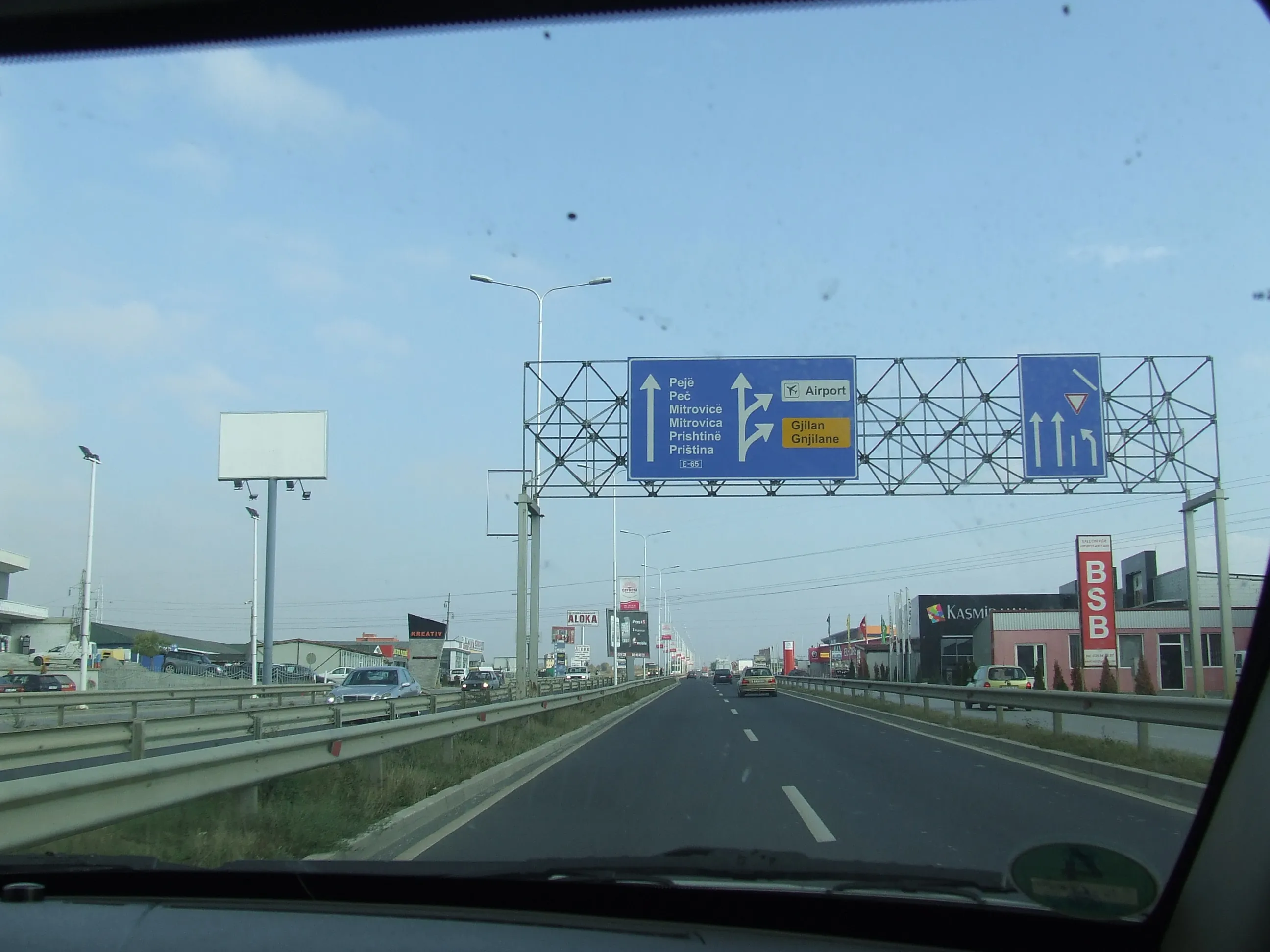A loan from China will provide a crucial portion of the funding being used by the Macedonian Government to build new highway sections. These highway stretches include key links between from Stip and the existing pan-European, Corridor 10. Once complete the new highway sections will connect Macedonia with Greece and Serbia by road. Other highway sections planned will run from Ohrid to Kicevo and form a portion of the unfinished Corridor 8 intended to connect Macedonia with Albania and Bulgaria. The projects
December 4, 2012
Read time: 2 mins

A loan from China will provide a crucial portion of the funding being used by the Macedonian Government to build new highway sections. These highway stretches include key links between from Stip and the existing pan-European, Corridor 10. Once complete the new highway sections will connect Macedonia with Greece and Serbia by road.
Other highway sections planned will run from Ohrid to Kicevo and form a portion of the unfinished Corridor 8 intended to connect Macedonia with Albania and Bulgaria. The projects are expected to begin in the first half of 2013. Macedonia began the construction of the last 28km stretch of the Corridor 10 highway in early 2012, with this work having a pricetag of around €300 million. The majority of the funding for Macedonia’s section of Corridor 10 highway came from the1166 European Bank for Reconstruction and Development as well as the 1054 European Investment Bank.
Meanwhile neighbouring Kosovo’s Route 7 highway links its capital Pristina with the Albanian border. Work on Route 6 in Kosovo will commence in 2013 and this will connect Pristina to Macedonia. And talks have also been held between the Kosovan and Serbian Governments about a new highway connecting their respective capitals. This would extend Route 7 from Pristina to the border with Serbia and the talks are extremely significant given the troubled recent history between the two nations.
Read more on the Kosovo highway here:
%$Linker:2 Internal <?xml version="1.0" encoding="utf-16"?><dictionary /> 2 2425 0 oLinkInternal <span class="oLinkInternal"><span class="oLinkExternal">Kosovo's award-winning green highway construction</span></span> Kosovo's award-winning green highway construction false /sections/key-projects/features/kosovos-award-winning-green-highway-construction/ true false %>
Other highway sections planned will run from Ohrid to Kicevo and form a portion of the unfinished Corridor 8 intended to connect Macedonia with Albania and Bulgaria. The projects are expected to begin in the first half of 2013. Macedonia began the construction of the last 28km stretch of the Corridor 10 highway in early 2012, with this work having a pricetag of around €300 million. The majority of the funding for Macedonia’s section of Corridor 10 highway came from the
Meanwhile neighbouring Kosovo’s Route 7 highway links its capital Pristina with the Albanian border. Work on Route 6 in Kosovo will commence in 2013 and this will connect Pristina to Macedonia. And talks have also been held between the Kosovan and Serbian Governments about a new highway connecting their respective capitals. This would extend Route 7 from Pristina to the border with Serbia and the talks are extremely significant given the troubled recent history between the two nations.
Read more on the Kosovo highway here:
%$Linker:






